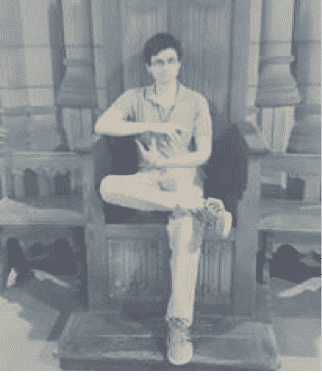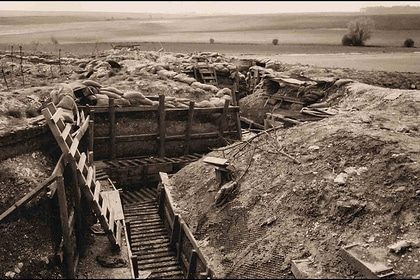Going through life, and especially growing up, we are constantly asked what we want to be when we grow up. Some kids say they want to be president, others want to be an astronaut, and some claim they will be dinosaurs. For myself, I never really felt that I found something that I could see myself doing for the rest of my life. I jumped from idea to idea, from musician to chef, and seemed to get distracted by every possible curiosity in between. And yet, even through all this chaos, I knew one thing for sure, I wanted to serve God by serving others in a unique way. And while God has not yet shown me the details of His plan for my life yet, He has revealed to me one thing, that my service to others lies in the path of the Pastoral Counselor.
Unfortunately, much like many of God’s plans, this path does not come with directions or clarity. Even more so, it seems as if the role of the pastoral counselor does not seem to be very defined at all. Throughout the many years since pastoral counseling has been around within the church, we seem to have lost our understanding of what it means to be a pastoral counselor. In fact, every one that I told that I am studying to become a pastoral counselor has either responded “so that’s just one form of psychology right?,” “So where are you studying to become a priest?,” or “what’s that?” And while it is easy to correct someone and say, “no I am not becoming a priest” and that a pastoral counselor does not have to be a church minister, I find it sad to say that I am not entirely sure how to answer that last question myself.
You see, much like many others, I have fallen into the idea that pastoral counseling has to fall into the two different extremes when defining it. It is extremely easy to say that pastoral counseling is strictly psychology applied to a religious setting or that pastoral counseling is a theologian of the faith that applies faith to psychological theories and that the pastoral counselor is an expert in one of these fields. Yet, in actually studying it, I now see that like most things that interact with the faith, true pastoral counseling lies somewhere in the middle of these extremes.
We do not claim to be creators of psychological theories, we do not claim to know the Bible inside and out, and we definitely to not even think of ourselves as someone’s personal spiritual problem solver. We are simply people who live in both worlds, that of psychology and of faith. Yes, we are trained as counselors, but we go far beyond what we learned, and instead choose to live our lives not in an office, but in a church, bringing faith into the counseling relationship instead of leaving our morals at the door, caring not only for a person’s mind, but the person as a whole: mind, body, and soul. We serve not only to bring mending to a hurting mind, but to also mediate God’s healing to the wounded soul.
It’s a delicate balance that we will have to walk, one where we will have to learn how to quote both Carl Rogers and Pope Benedict the XVI in the same conversation or how to delve into the yearnings of a soul and be able to lead them out of spiritual life and into the light of a healthy balanced lifestyle. Because you see, there is no aspect of our lives that do not interact with our spiritual life and there is no act of faith which does not affect our daily lives. Our mind and our soul are so closely intertwined that it would be almost foolish to try to alter one without care or consideration of the other. And if this is true, why would you want to counsel someone without consideration for their spiritual life? This, in my opinion, is where pastoral counselors come in. As men and women who live by example, who can guide in both worlds at the same time, who can be a friend, a confidant, a healer, and a humble vessel for God’s mercy.
Some may see us as the objective experts who will fix other problems, others will see us as spiritual shepherds or leads. In reality though, we know that we are simply just men and women, prepared for God for His use. We are not the shepherds who guide the sheep, we are not the border collies who help him herd them on the righteous path, we are not even the fences or the gates that try to keep the sheep in His sight. What we truly are is simply another sheep that has chosen to journey alongside others. We walk with others in times of trial, we comfort them when they are hurting, we hear their struggles and yes, at times, we can see the pitfalls along the road that we have to get through or avoid and will be able to guide them in those moments, but in the end, our job, our passion is just to walk hand in hand with those who sit in the chair across from and to always point them back to God.
I suppose that St. Paul said it best when he said “Therefore encourage one another and build one another up, just as you are doing.” (1 Thessalonians 5:11)







